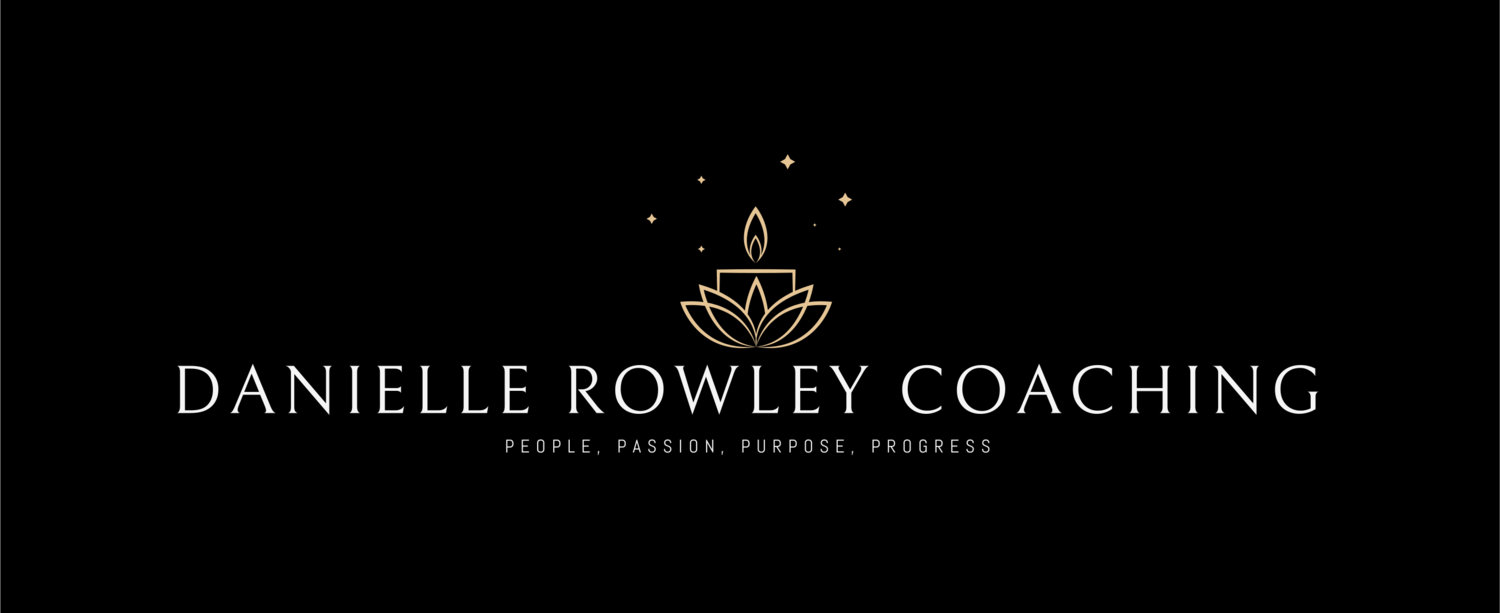The Big Ones…
So here we are!
One minute your starting school, there’s a few adventures and mishap's in between, and then all of a sudden, it's here - your exams!!
The BIG ones, the ones your parents have unconsciously been preparing you for and the ones your teachers have been consciously training you for!
It is easy to panic at this stage, Your teachers are increasing the pressure whilst you're parents start biting their knuckles with nerves as they reflect on their own exams or results. However, remember, you are the ones in control, the one who attends extra lessons, stays behind at school, and begins to see your teachers, like they are there to get the best out of you.
How do you tackle the minefield of 6-7 subjects?
How do you remember it all?
How do you not stress?
So how do you succeed?
Firstly, start by controlling your negative thoughts.
'If I don't pass my GCSEs, my complete life will be a letdown.”
Talking to yourself negatively makes everything so much worse. Exams can create anxiety for people who can't stop worrying about failing or the consequences of failing. Concentrating on what you think you can't do instead of what you can.
Its time to replace negative thoughts with positive thoughts
Think of a positive, realistic thought that can replace that negative thought. For example, if your negative thought is 'I am rubbish at English,
a chipper, sensible option could be: 'Even if I am never the best at English, I will be better if I stick to a revision plan."
The key things:
Be a confident person with a 'can-do attitude
if you struggle with nerves and anxiety, switch your negative thoughts to positive ones.
All of your mates are feeling this pressure. - you're not alone!
Starting revision seems like a giant hurdle to get over.
CREATE A TIMETABLE PLAN
It helps boost your motivation as your work is broken down into manageable chunks
It helps manage your workload as everything is spread out and you’re not doing it all at the last minute
Combined with the reasons above, it helps reduce the stress you might be facing. Exams can be stressful and that’s perfectly normal,
Set yourself GOALS to learn the next part of your subject
Your Goals should be SMART
Specific -Organise your revision to your exam timetable, What do you need to learn more of?
Measureable - Plan how you are going to revise - what will this help you achieve,
Actionable - You have the books, information and access to the knowledge
Relevant - You are learning the right information If you know you are not as confident some in one subject as you are in another, give that subject some priority
Time - You know which exam is first and which bits to study first
1. Create a plan:
Control the overwhelm. Going in head first with no idea where to start will leave you feeling stressed
Create a Revision timetable - Try to give equal time to each subject
Revise one subject at a time. - give each subject the same amount of attention – prioritize the ones you aren’t confident in, but don’t forget to study for the ones you are confident in.
Break down each subject into smaller topics.
revisit subjects after classes and start prepping your revision materials such as flash cards.
Turn off all distractions whilst you study
if it helps wear headphones, play study music (you tube) or your favourite music on a low volume
2. Set targets:
Pinpoint when you revise each topic.
Concentrate on the more complex areas you seem to struggle with.
( the easy ones are in the bag!)
Give yourself a limit for when to complete each topic
Set the timers for 20 minutes
work on your topic task until the timer rings
Have a 5-minute break after each 20 min session
Complete this 4-5 times until you have studied for 1 hour
3. Check progress: Once you've met a mark, set new ones
The key things to remember are that:
targets must be short-term
if the topic doesn't stick, try a different method (use listening apps, draw pictures, Spider diagrams, write, read & recall)
it is important to test yourself - Memory is how you recall the topic in your exam
Ask someone to test you
but having a revision timetable will help ease that as everything is balanced. That said, if you find you are too overwhelmed and are finding everything really stressful, please talk to someone – no one is going to think less of you for doing so.
Stress is not necessarily a bad thing
People react to stress in different ways. Stress can be a great motivator for some students, giving them the ‘get up and go’ that they need to succeed. Other students are indifferent to stress; they can float along without getting affected by stress in a good or bad way. Stress can be a bad thing for some students, when exam pressures become overwhelming.
The key things to remember are that:
stress is nothing to be scared of
anxiety is not inevitable
you can learn how to cope more effectively
It is ok to feel anxious about exams, specifically if you're under strain from school or family.
Exam stress can cause you to feel nervous or unhappy, which might affect your sleeping or eating habits. if you feel this way, make sure you talk to someone…
_www.gov.uk/ coping-with-exam-pressure-a-guide-for-students





